Today's toppers were yesterday's aspirants. They don't do different things. They just do the right things differently. Toppers’ Corner is your place to discover the SUCCESS MANTRAS of the toppers. Explore their stories, strategies, analyze their copies, see how they achieved top scores, their profile, and more!
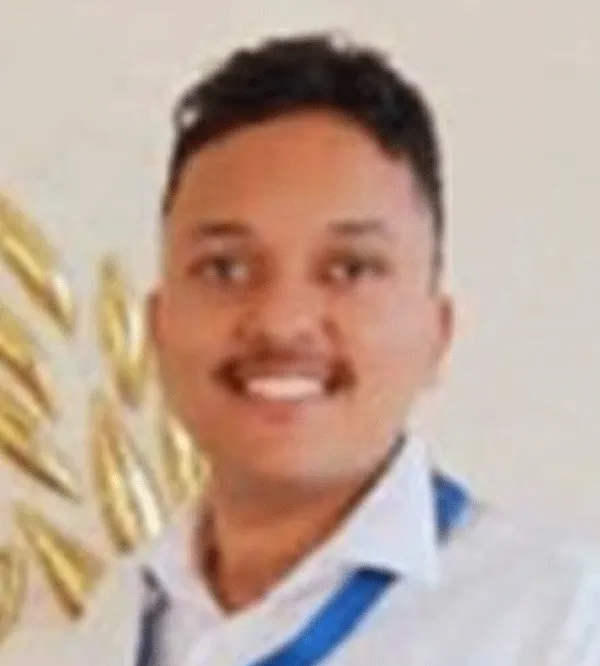
P K SIDHARTH
AIR-4 | 2023
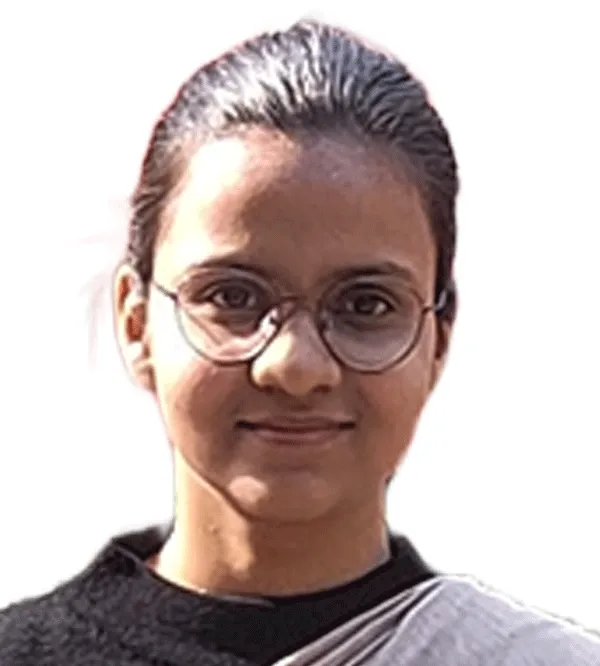
NAUSHEEN
AIR-9 | 2023
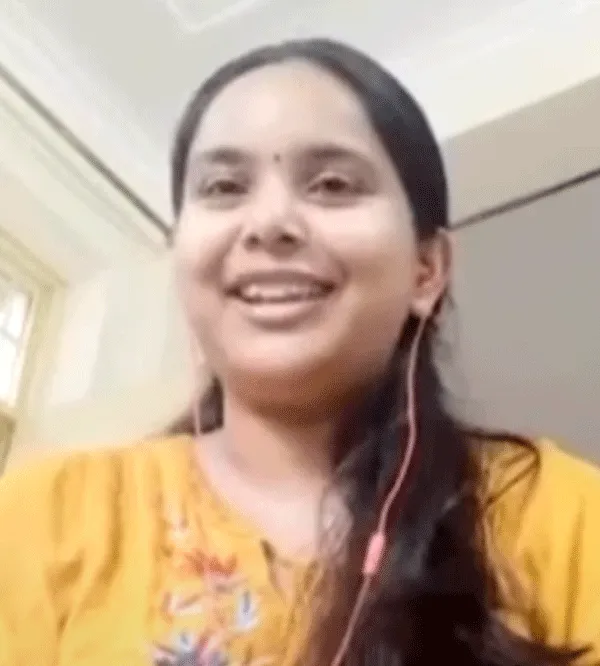
MEDHA ANAND
AIR-13 | 2023
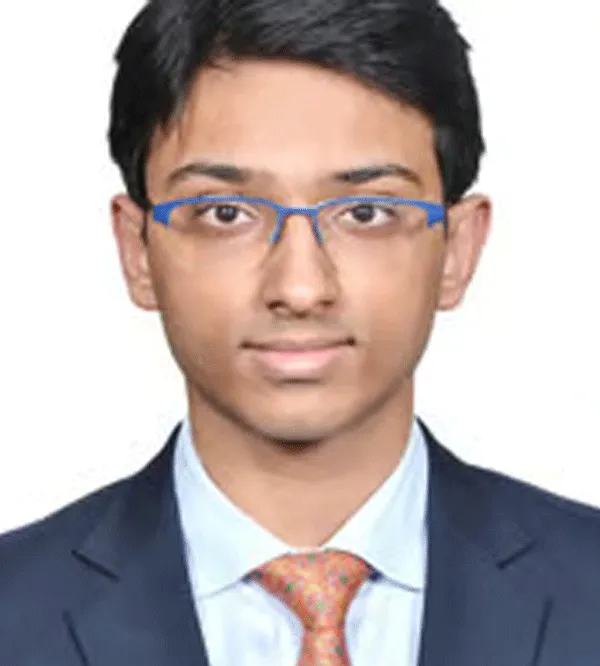
AYAN JAIN
AIR-16 | 2023
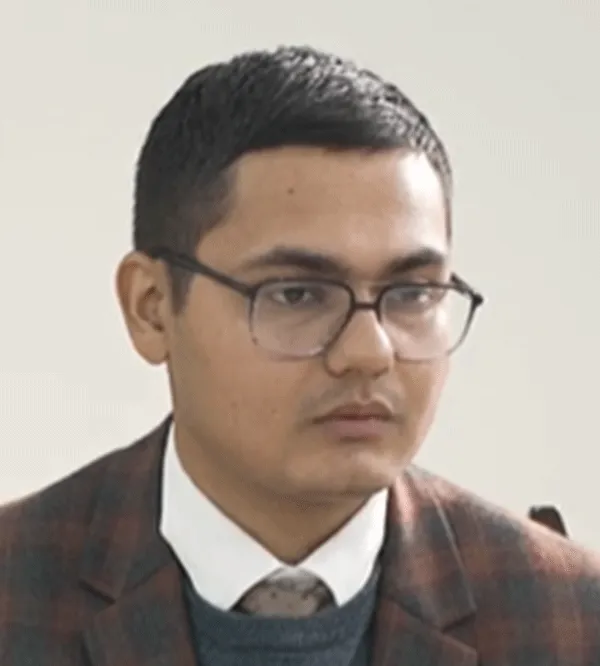
ANSHUL BHATT
AIR-22 | 2023
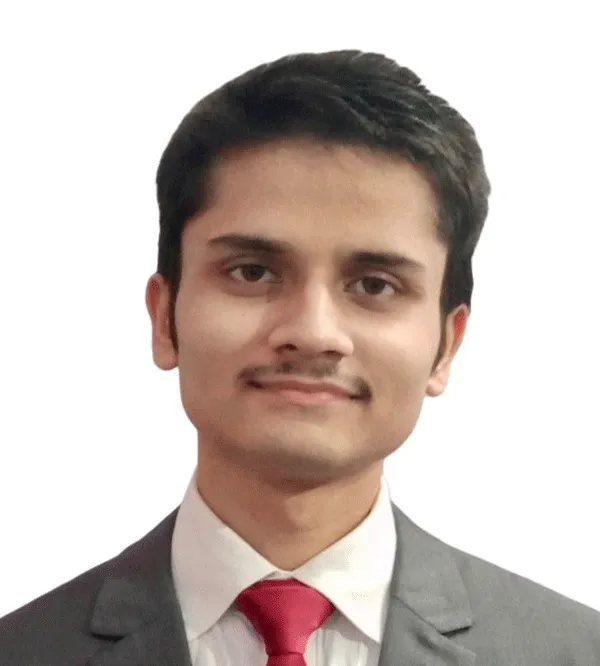
SAURABH SHARMA
AIR-23 | 2023
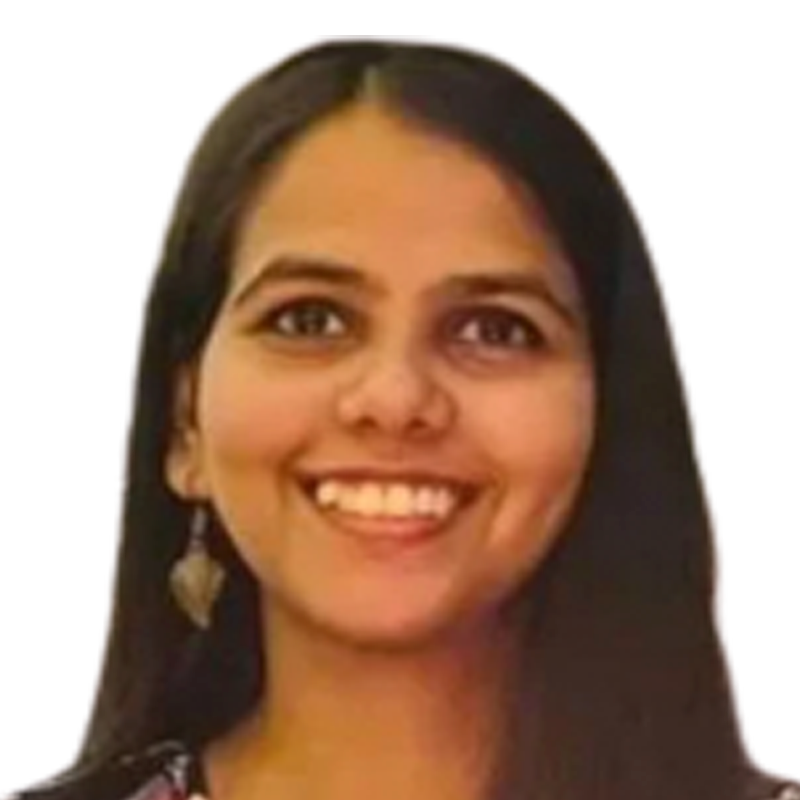
ISHITA KISHORE
AIR-1 | 2022
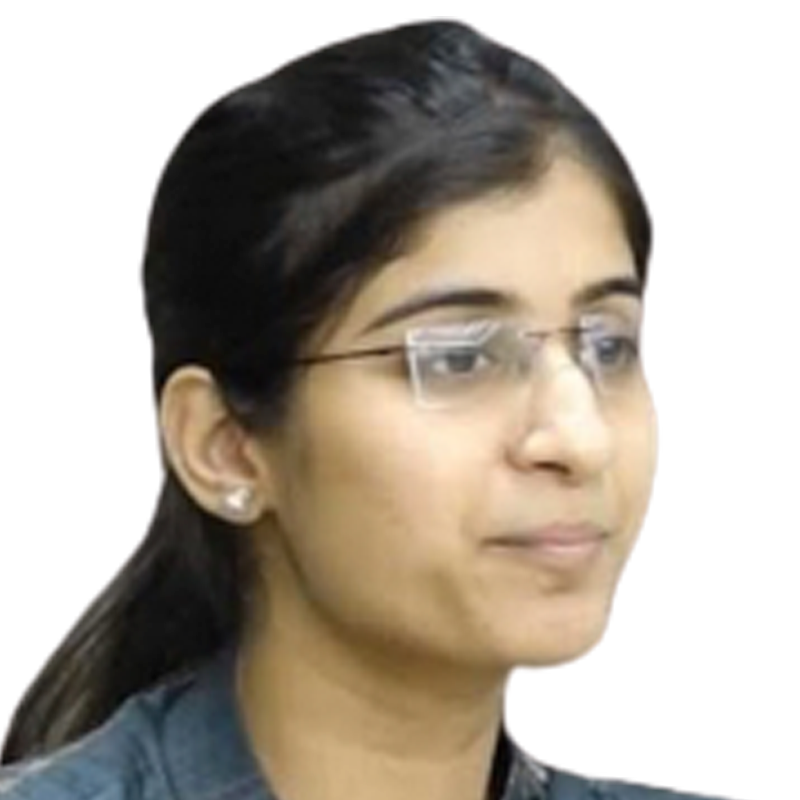
GARIMA LOHIA
AIR-2 | 2022
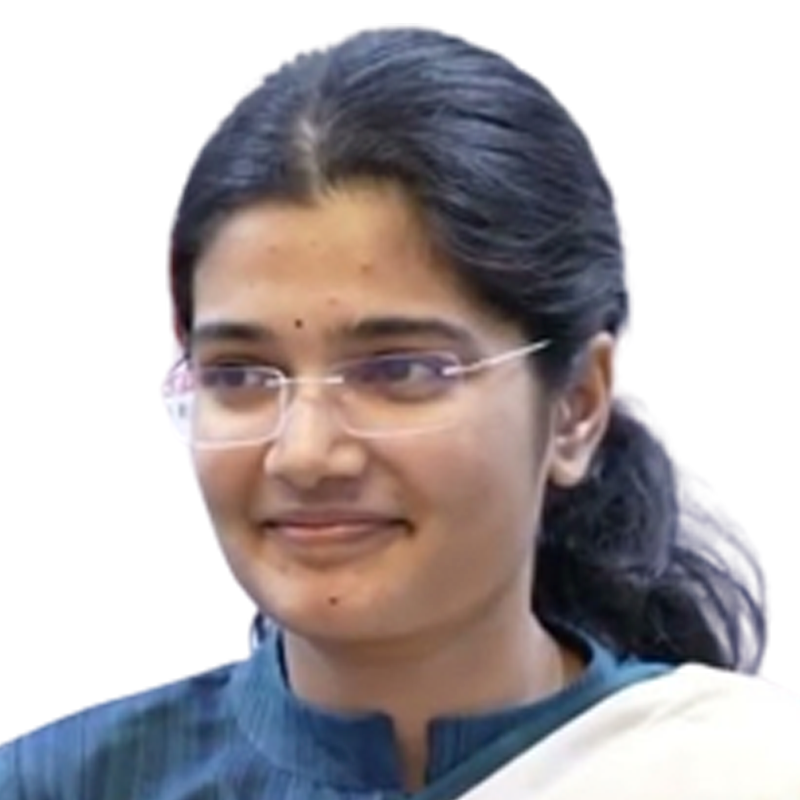
UMA HARATHI N
AIR-3 | 2022
Journey of Excellence Continues, 40 Gold Medals to Civil Servant in 1st Attempt by Prasanth S, AIR-78, UPSC CSE-2023
Dr. Prashant, a former graduate from Madras Medical College and a newcomer to the realm of civil services, achieved an impressive All India Rank of 78 in the UPSC Civil Services Examination 2023. His journey from a medical professional to a top-tier UPSC candidate provides unique insights into the adaptability and dedication required to excel in one of India's most challenging exams.
After losing his father at a young age, Dr. Prashant saw his mother become the sole breadwinner for their family, which instilled in him a deep sense of resilience and determination. Upon completing his medical degree in June 2022, he faced a career crossroads: pursue postgraduation in medicine or venture into civil services. Dr. Prashant chose the latter, motivated by the potential to impact over a million lives through bureaucratic roles, far exceeding the direct influence he could achieve as a doctor handling 80 to 90 cases daily.
Dr. Prashant candidly shares that the preliminary stage of the UPSC was a significant hurdle for him, dubbing it a "nightmare" initially. His strategy emphasizes the crucial importance of the prelims, which act as the gateway to the mains and subsequent interview stages. Contrary to common belief that prioritizes mains, he stresses that clearing prelims is fundamental, as it determines whether a candidate can advance in the competition.
For the prelims, Dr. Prashant recommends a structured 60-day intensive study plan, split into 20 days for revising existing knowledge and 40 days focused solely on taking full-length mock exams. His approach underscores the importance of understanding and revising static subjects such as Polity (using Lakshmikant), Economics (Ramesh Singh), and History (NCERTs and Spectrum for modern history). For current affairs, he advises sticking to annual compilations like PT 365, which obviates the need for monthly revisions.
Mock exams play a pivotal role in understanding the "sweet spot" for question attempts, where Dr. Prashant aimed to attempt around 85 to 95 questions based on a blend of preparation and intuitive guesswork. He emphasizes that intuition often plays a role in tackling the unpredictably tough nature of UPSC prelims papers, advocating for a strategic approach to question attempts, including educated guessing and elimination techniques.
Moving to the mains, Dr. Prashant highlights the significance of presenting answers succinctly, enriched with diagrams, data, and current affairs connections to stand out. He places particular emphasis on mastering essays and ethics papers, which he identifies as scoring areas. For interviews, maintaining a balanced demeanor and engaging conversationally with the panel are key, alongside thorough preparation from one's detailed application form (DAF).
Dr. Prashant believes in the "three Cs": Confidence, Conviction, and Courage. He advocates for consistency in preparation and supports creating a supportive peer network. Recognizing the competitive nature of the UPSC exam, which sees over 13 lakh aspirants annually, he encourages candidates to persist through multiple attempts if necessary, embracing the journey as a transformative experience.
































